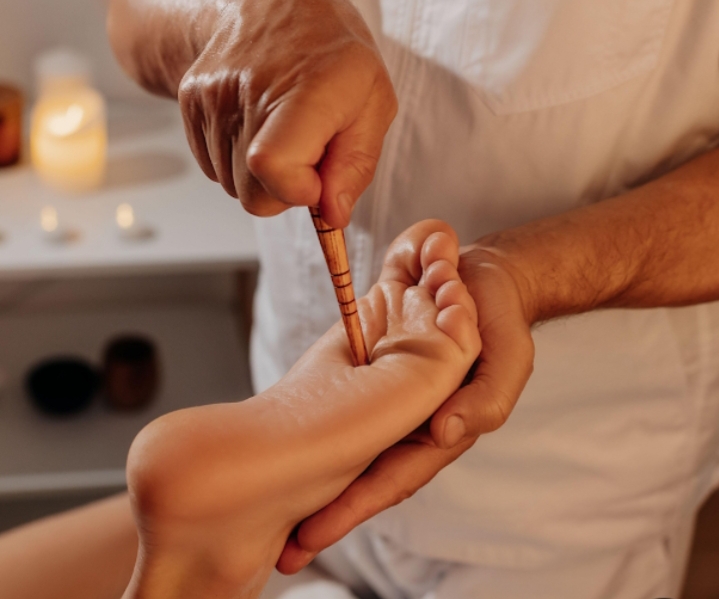How to delay the onset of dementia :-‘
1) Several lifestyle factors can significantly reduce the risk of developing it.
These include …
a)staying physically and mentally active, b)maintaining a healthy diet,
c)managing existing health conditions like diabetes and high blood pressure, and engaging in social activities.
Here’s a more detailed look at preventative measures:-
- Stay Physically Active:
Regular physical activity, even moderate exercise like brisk walking, can improve overall health and reduce the risk of heart disease, stroke, and type 2 diabetes, all of which are linked to dementia.
Aim for at least 150 minutes of moderate-intensity physical activity per week. - Engage Your Mind:
Keep your brain active by participating in mentally stimulating activities.
This could include reading, learning new skills, playing games, or engaging in hobbies.
Lifelong learning, even taking classes or learning a new language, can build cognitive reserve. - Maintain a Healthy Diet:
Follow a balanced diet rich in fruits, vegetables, and whole grains.
Limit intake of saturated fats, processed foods, and sugary drinks.
Consider incorporating foods rich in omega-3 fatty acids, such as fish, into your diet.
- Manage Existing Health Conditions:
Control blood sugar levels to reduce the risk of diabetes, which is a risk factor for dementia.
Address high blood pressure and high cholesterol, as they can impact brain health.
Seek treatment for depression, as it can contribute to cognitive decline. - Stay Socially Connected:
Maintain social relationships and engage in social activities.
Social isolation and loneliness are linked to an increased risk of cognitive decline.
Participate in group activities, volunteer, or simply spend time with friends and family. - Protect Your Head:
Take precautions to avoid head injuries, as they can increase the risk of dementia.
Wear a helmet during activities with a high risk of head injury.
Use a seatbelt and take steps to prevent falls. - Prioritize Sleep:
Ensure you are getting adequate sleep, as poor sleep can negatively impact brain health.
Aim for 7-8 hours of sleep per night and consult with a doctor if you have sleep concerns. - Limit Alcohol and Avoid Smoking:
Excessive alcohol consumption can damage the brain and increase dementia risk.
Smoking also elevates the risk of dementia.
Moderating alcohol intake and quitting smoking are beneficial for brain health.
By incorporating these preventative measures into your lifestyle, you can significantly reduce your risk of developing dementia and promote overall brain health throughout your life, according to multiple health organizations.
Mental exercises for prevention… slowing progression…..and….treatment of…. Dementia….
….patients should focus on a)stimulating cognitive function and creativity, b)while also providing social interaction and physical activity.
Activities like puzzles, learning new skills (like baking or a new language), and creative pursuits (painting, drawing, or crafting) can be beneficial.
Social activities, such as joining a walking group or participating in singing or dance classes, can also improve mood and well-being.
Cognitive Exercises:—-
Puzzles:
Crosswords, Sudoku, and jigsaw puzzles can challenge cognitive skills and memory.
Learning new things:
Taking up a new hobby, learning a new language, or even learning a new recipe can provide mental stimulation.
Creative activities:
Painting, drawing, crafting, and music can be therapeutic and engage different parts of the brain.
Memory games:
Simple memory games like “memory match” can help improve recall.
Reading and writing:
Reading books, newspapers, or magazines, as well as writing letters or journaling, can keep the mind active.
Reminiscence:
Looking at old photos, listening to music from the past, or sharing stories can be a positive and engaging activity.
Social and Physical Activities:
Social interaction:
Staying connected with friends and family, joining social groups, or participating in memory cafes can combat isolation and loneliness.
Dancing and music:
Dancing, whether it’s a class or just enjoying music, can improve mood, coordination, and cardiovascular health.
Walking and other physical activities:—-
Gentle exercise like walking, swimming, or tai chi can improve physical and mental well-being.
Singing:
Participating in singing groups or sing-alongs can boost mood and promote social interaction.
Gardening:
Gardening can provide physical activity, sensory stimulation, and a connection with nature.
Tips for Caregivers:
Keep it simple: Break down tasks into smaller steps and provide clear instructions.
Be patient and supportive: Offer encouragement and praise for effort, rather than focusing on perfection.
Adapt activities: Modify activities to suit the individual’s abilities and preferences.
Make it enjoyable: Choose activities that the person with Alzheimer’s finds engaging and meaningful.
Seek professional guidance: Consult with healthcare professionals for personalized recommendations and support.
















Leave a Reply